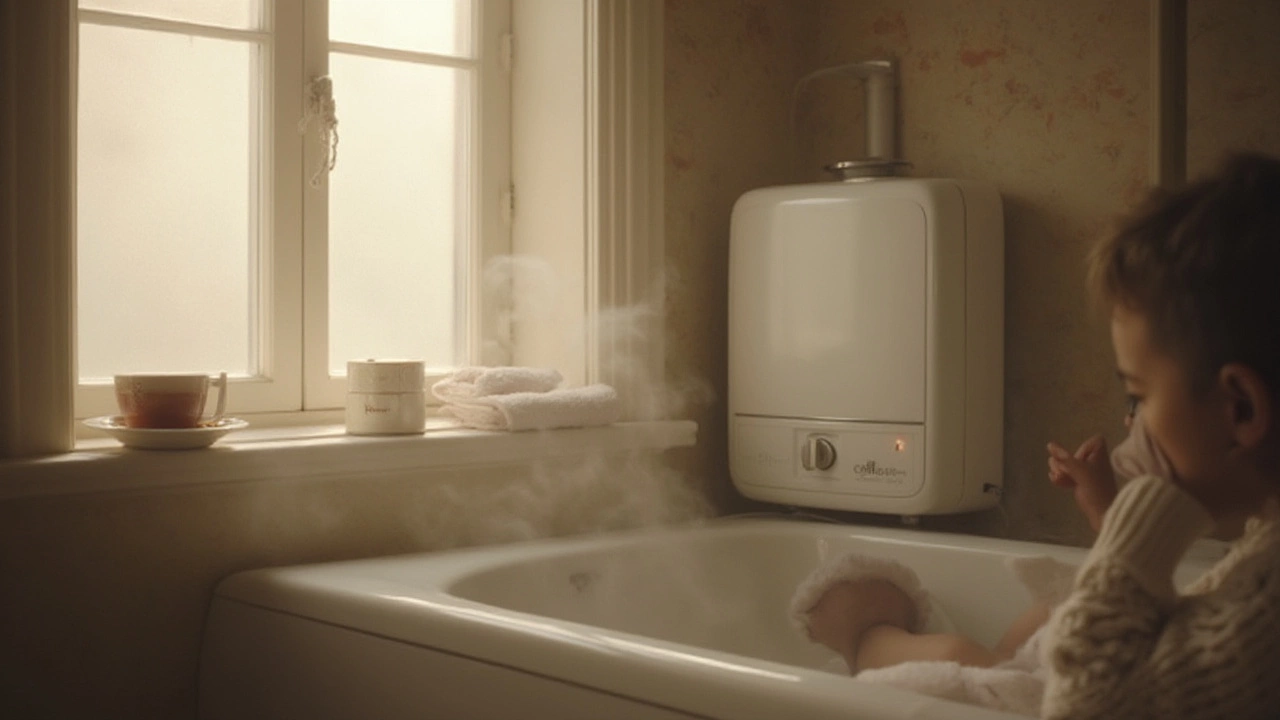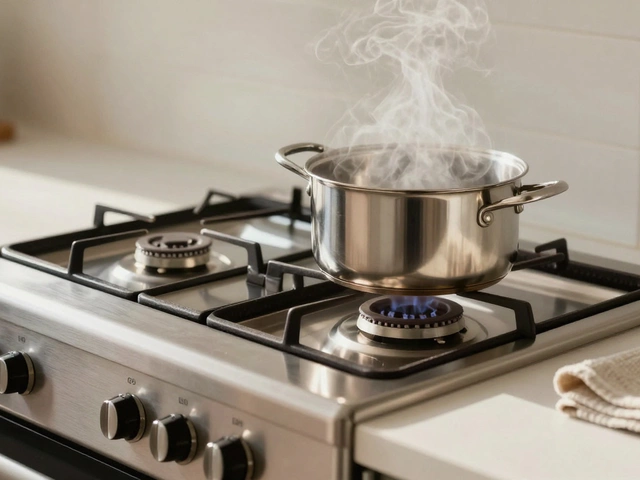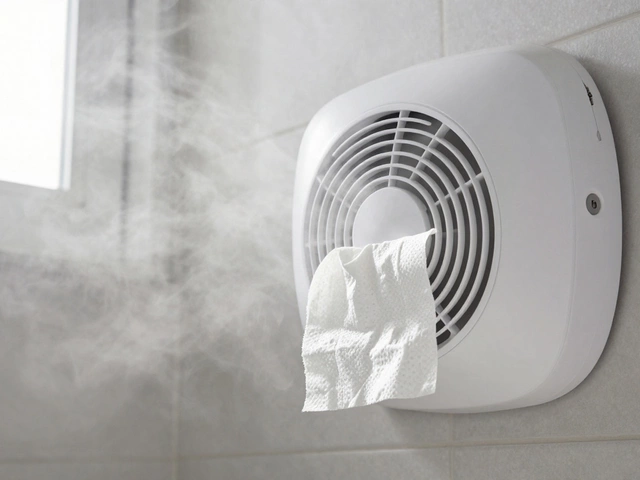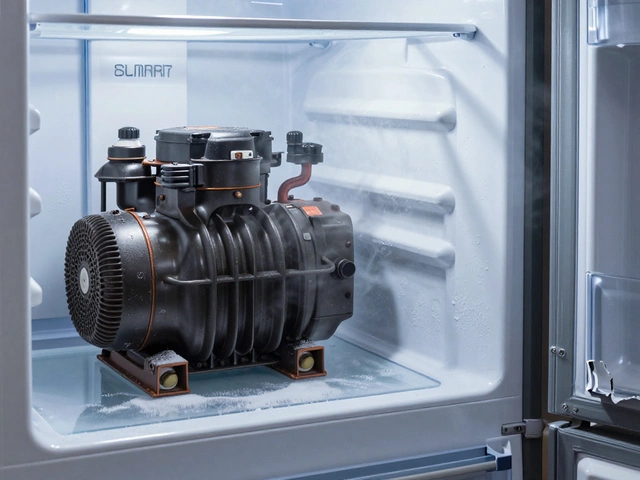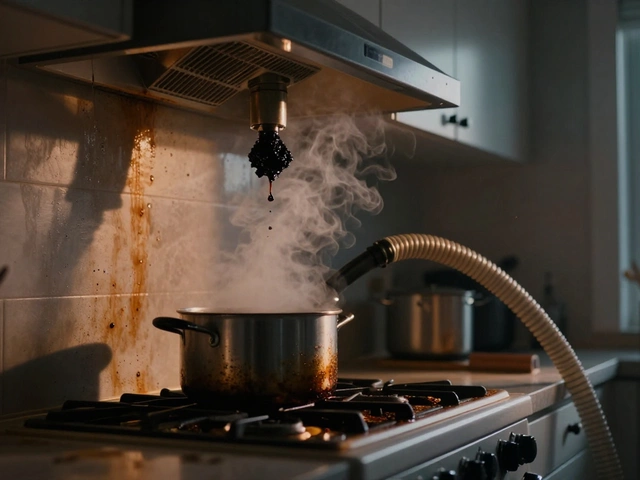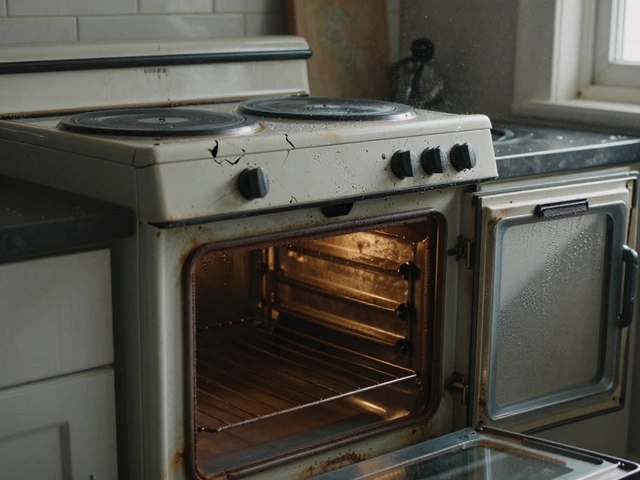Electric Water Heater: Reset, Troubleshoot and Keep It Running
If your shower’s gone cold or the hot water tap is acting weird, chances are your electric water heater needs a quick check. Most problems are easy to spot and even easier to fix – you often just need the right steps and a bit of patience.
How to Reset the Heater Safely
The reset button is the first thing to try when the heater stops heating. Press it for about 5 seconds and release. If the light stays on, the heater has reset and should start warming water again. If it trips right away, unplug the unit, wait a minute, and try again. Re‑setting more than twice in a row usually means a deeper issue, like a faulty thermostat or a broken heating element.
Common Reasons Hot Water Stops
1. Tripped Reset Button – often caused by an overheated element.
2. Limescale Build‑up – hard water can coat the element, reducing heat transfer. A quick vinegar soak on the element (if removable) can help.
3. Faulty Thermostat – the sensor tells the heater when to stop heating. If it reads too low, the heater works nonstop and eventually trips.
4. Loose Wiring – vibration can loosen connections. Turn off the power, remove the panel, and check that wires are tight and not burnt.
5. Old Age – most electric heaters last 8‑12 years. If you see rust, corrosion, or frequent trips, it may be time to replace.
When you’ve identified the likely cause, you can often fix it yourself. For a stuck reset, clean the element and make sure the unit isn’t overloaded. If the thermostat looks damaged, swapping it out is a cheap repair. Always turn off the breaker before touching anything.
If you’re not comfortable opening the heater, call a professional. They can test the element with a multimeter, replace a bad thermostat, or safely flush the tank to remove scale.
Regular maintenance keeps the heater running longer. Drain and flush the tank once a year – just turn off the power, attach a garden hose to the drain valve, and let the water run until it’s clear. Check the anode rod (a metal stick inside the tank) for wear; replace it if it’s under half a inch of metal left.
Finally, remember safety first. Never work on a heater that’s still connected to power, and wear gloves when handling hot water or metal parts. With a quick reset, a little cleaning, and an annual flush, your electric water heater will keep the showers hot and the bills reasonable.
Got a stubborn problem that won’t go away? A local repair service can diagnose issues fast, order the right parts, and get your hot water back in no time.
How Long Do Water Heaters Last? Lifespan, Facts & Signs for Replacement
- Alden Wilder
- Jul 4 2025
- 0 Comments
Wondering how many years a water heater should last? Learn about average lifespans, signs of trouble, maintenance tricks, and when replacement makes sense.
View More